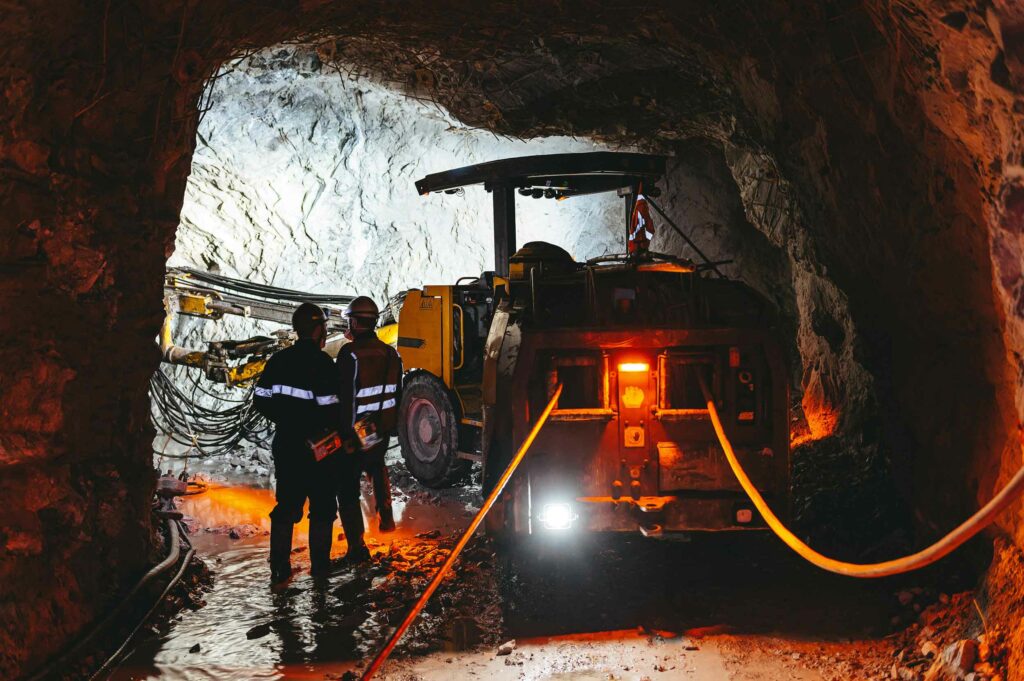Recruitment Process Outsourcing is not as common in the mining industry as in some other sectors, but it’s gradually gaining traction. There are a broad spectrum of RPO offerings in the market, and the distinctions between one and the other aren’t always clear. So, a few misconceptions exist in the industry around what an RPO—and a good one—really look like. Here are three beliefs we hear and why they aren’t always true.
Idea #1: RPO is external to your business
There’s a common misconception about RPO that it always means handing over the keys to your hiring process to an external team. Yes, many RPOs are run that way. But, the most effective RPO arrangements are built on a strategic partnership between the provider and the client—and that usually involves bringing expertise into your existing team.
Justin Campbell, Head of Projects at Globe 24-7 explains: “The gold standard process is for the RPO team to become embedded within the company, and really understand their culture and what makes the company attractive from an EVP perspective to candidates.”
The EVP he refers to is the Employee Value Proposition, a set of attributes that the market and current employees perceive as the value they gain through employment with an employer.
This integration allows the RPO team to genuinely represent the company’s values and benefits, ensuring that these attributes are accurately reflected in the recruitment process.
Idea #2: RPOs aren’t flexible
This one is actually a myth. Rather than offering a cookie-cutter service from project to project, the best RPOs are designed to be flexible.
“They can be customised to suit the requirements of the business that they’re working with, whether it be the size of the team, how long they need them to assist, whether they need pre-employment checks, psychometric testing, contract generation,” says Justin.
The best RPO arrangements have this adaptability. It ensures that the service fits the unique demands of the organisation.
Idea #3: RPO is just recruitment support
Yes, sometimes miners need to ramp-up operations fast. This might mean sourcing 100 candidates in 3 months, then the job is done. However, good mining recruitment RPOs will offer more than just recruitment support.
Some will provide valuable insights and visibility into HR functions, including reporting, market trends, and analysis. This broader perspective helps HR teams not only meet their immediate hiring needs but can also future-proof their recruitment strategies.
This was the case for Newcrest’s Lihir mine (now Newmont) in Papua New Guinea, which had an average time-to-fill of 190 days, and more than 500 vacant roles in 2019. By engaging an RPO team to make some simple process improvements, the site reduced its time-to-fill by half, and now comfortably handles 500 roles per year.
Helping to streamline the recruitment process without sacrificing on control or personalisation is what makes RPO a great option for companies with unique hiring needs. As Justin puts it, “It’s not a one-size-fits-all sort of service.”
Want to find out more about RPO? Find out how RPO can strengthen internal HR capabilities here. Or Get in touch with our recruitment specialists using the form below:
* indicates required field

